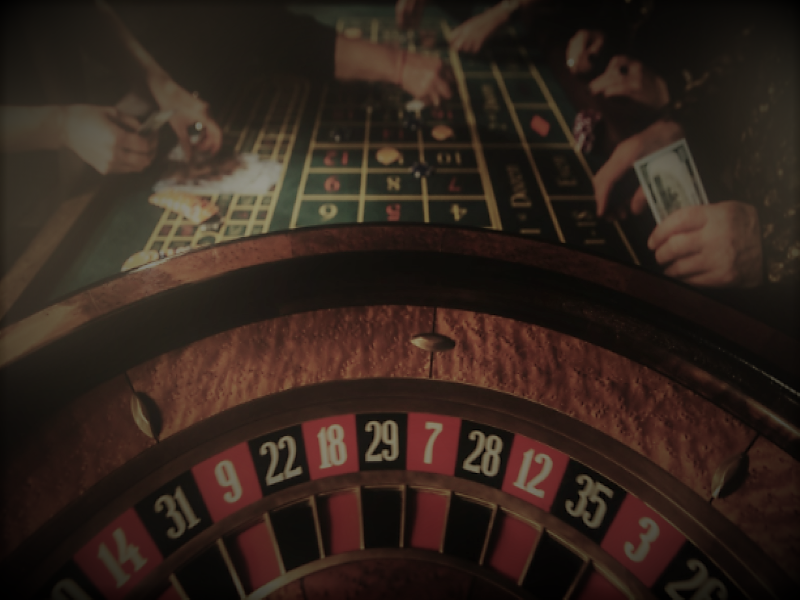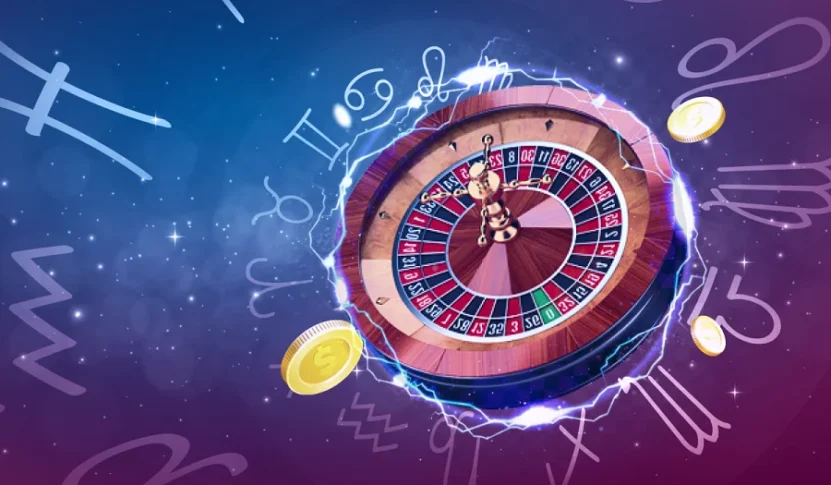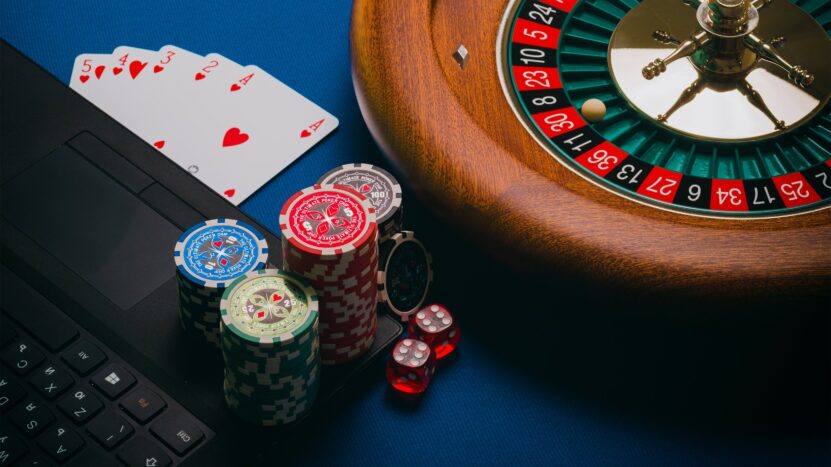Taking chances and believing in luck is a common ground for most people, transcending cultural boundaries. Gambling, defined as playing games of chance for money, betting, and taking risks for substantial gain, has deep roots in various cultures worldwide.
Much like music, food or folklore, gambling has been an integral part of the collective human experience throughout history.
Cross-cultural and historical anecdotes highlight the widespread significance of gambling.
We can see this in Mayan ball games where it involved wagers of wives, property, and personal autonomy, emphasizing the profound role gambling played in early societies and Chinese card games dating back almost 2000 years, the history of gambling is rich and diverse.
Despite its ancient origins, gambling has undergone significant shifts in perception, regulation and societal attitudes over time.
Gambling has gone from being widely forbidden to collectively seen as integral part of culture and economy.
Gambling in the West and its Revolution

Throughout history, betting and gaming were often viewed as vices condemned by religious leaders. While on the other hand, State-run lotteries were used to generate revenue for governments. Legislators, even way back in ancient times, saw the major contribution of gambling in the flow of the economy and how it generated a lump sum of tax for the government to spend.
Examples of gambling in the old days are Native South Americans betting on hockey matches and wagering clothes.
Hunters and Gatherers in Tanzania spent more time pushing their luck to its limit than hunting arrows and acquiring food. And, showing the early origins of the latest popular gambling activities, horse betting covers at least 6000 years among Hittites.
Despite these enjoyment and financial contributions, lawmakers still recognize the harm gambling and the addiction to it.
That is why, they have been struggling to find the balance on how to legislate and regulate gambling activities as early as 4th century BC, where Gambling Taxation was mentioned.
In the mid-20th century, efforts to formalize gambling laws emerged in the Western countries. Nevada pioneered gambling as economic relief after the Great Depression, leading to the establishment of Las Vegas, the world’s most famous gambling destination as discussed on History.com.
Over the time, cultural perception towards gambling stayed to be diverse and inconsistent. Movies and TV series like Ocean’s Eleven depict casinos as suave, classic and sophisticated places hence, for the rich casino is synonymous to elegance and gambling as expensive leisure.
However, for some casinos have become tantamount to organized crimes and the association of gambling with vice became even more firmly ingrained. Nevertheless, attitudes towards gambling softened as associations with organized crime diminished.
The Asian Culture of Gambling

Gambling, deeply ingrained in the cultural fabric of Asia, particularly among the Chinese, has a history dating back thousands of years. The practice extends beyond mere entertainment, serving as a social activity that transcends generations.
Traditional gambling activities can be traced back to Chinese placing bets on unearthed tiles as early as 2300 BC. This practice has been the foundation for the existence for gambling market of today.
In Asian societies, gambling is not merely a pastime but an accepted practice in various settings. Asians, irrespective of age, partake in gambling at homes, social events and established gambling establishments. Notably, Chinese youths often engage in friendly wagers with older family members such as uncles, aunts, and even grandparents, fostering a unique inter-generational bond over games of chance.
Asians, carrying their cultural practices wherever they go, have brought the gambling culture from their homelands to the United States and other parts of the world. The desire to socialize and the potential to make money through games of chance have transcended geographical boundaries, contributing to the global spread of Asian gambling traditions.
Betting of Luck, Chance, and Fate

Gambling as we know is a game with fate and luck. Gambling games are not skill-based, you win or you lose if lady luck allows it. Beliefs in luck and fate vary across cultures and have different levels of acceptance and application to life. This also influences the attitude of players toward gambling.
Asians, influenced by beliefs in fate and luck, have developed unique superstitions associated with gambling. Wearing red, symbolizing good fortune and joy, is considered auspicious, particularly red underwear. Avoiding gestures like touching shoulders and mentioning books, which sound like “lose,” are believed to bring bad luck.
In contrast, Western countries are motivated by factors such as fun, excitement, socializing, self-achievement, ego enhancement, and escapism. They do not fervently believe and use luck as motivation to gamble. The beauty of these cultural differences in beliefs and motivations shape the perception of gambling in these regions. You can read about nine cultural value differences you need to now at CulturePlusConsulting.com.
Popular Gambling Games in the East and West

Exploring popular gambling games in Asia, we will be presented with legal activities in countries like Japan, Singapore and the Philippines. Some of the popular games are the following:
Keno, the oldest lottery game in the world, where players will pick random numbers from 1 to 80 and place their bets, is still going strong. This is widely accepted by the society as there are variations of this game in some countries, like the PCSO lotto in the Philippines.
Next is the Pai Gow, roughly translated as ‘make nine’, which has a western counterpart called “Pai Gow Poker”. The game uses dominoes in the Asia while a deck of 52 cards and a Joker in its western counterpart.
One of the most popular games in Japan is the Pachinko which is played similarly with pinball. And aside from cards, dominoes and pins, animal betting is also prominent in Asia. Cockfighting has become ingrained to the culture and tradition of the South East Asian societies such as the Philippines.
And of course, Asian gambling games will not be complete without the popular Mahjong. Even if gambling is banned in China, playing Mahjong in legal premises is allowed. This game has been widely known and accepted that it is one of the traditional games to first transcend technology and had its online version.
Traveling to the West, sports betting especially on horse and greyhound racing, has always been popular. Western countries also indulge in popular games like slot machines, bingo, card games and roulette.
Some of these and other popular gambling games are now available online as technology develops. And players do not need to exhaust their luck trying to find legal and legitimate online casinos as credible review websites like Bonuses.com offer promotions and best and newest online casinos and sportsbooks on the internet.
